This year's college admissions season in China has seen the emergence of two new universities that have attracted attention. These two schools were opened with investment capital from two famous billionaires of the country of a billion people. Both schools are preparing to welcome their first batch of university students.
The first school is Fuyao University of Science and Technology (FYUST) located in Fuzhou City, Fujian Province, China, founded by “crystal king” Cao Dewang. Cao Dewang currently has assets of about 4.5 billion USD.
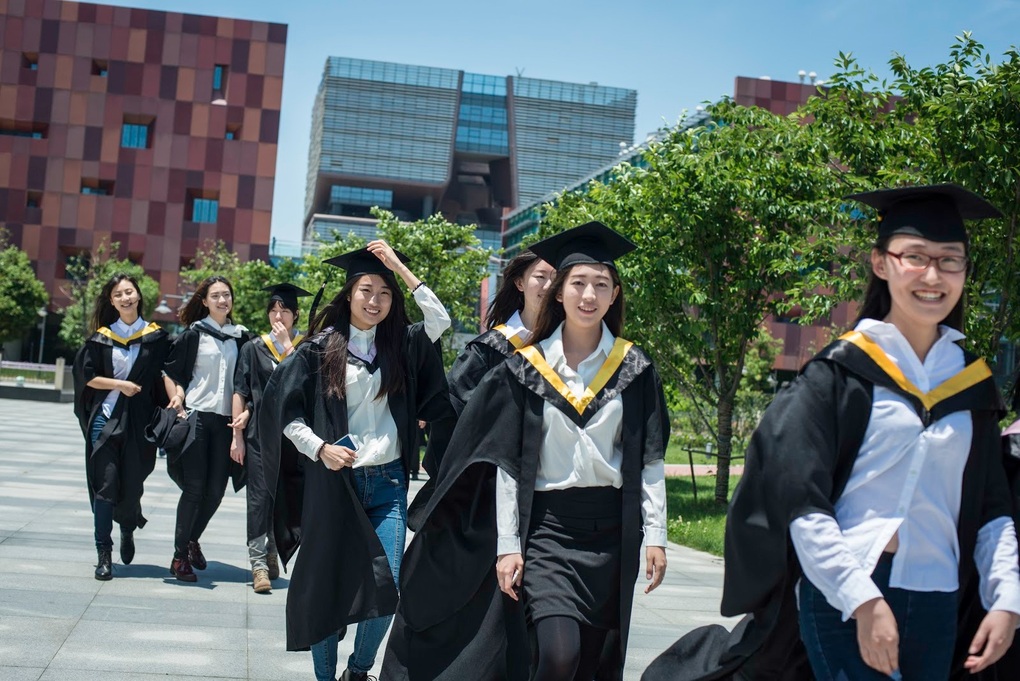
The impact of population decline will affect China's highereducation system (Photo: Sina).
The second school is the Eastern Institute of Technology (EIT) located in Ningbo, Zhejiang Province, China. The founder of the school is semiconductor tycoon Yu Renrong. Mr. Yu Renrong currently has assets of about 5.3 billion USD.
These two universities were opened with the expectation that they will contribute to realizing China's "scientific self-reliance" strategy, through encouraging billionaires to invest in the field of higher education. This is considered a new trend in "charitable" activities, contributing to the country, for Chinese businessmen.
Strategic industry training, offering attractive financial incentives for students
Private universities opened by billionaires are attracting special attention from Chinese parents and students.
“The founders of these two schools are both wealthy and influential businessmen in China, so the media and public pay special attention.
Many students and parents are considering whether to be the first to register for admission,” said Kent Cai, founder of Zhejiang Newway, an international education consultancy.
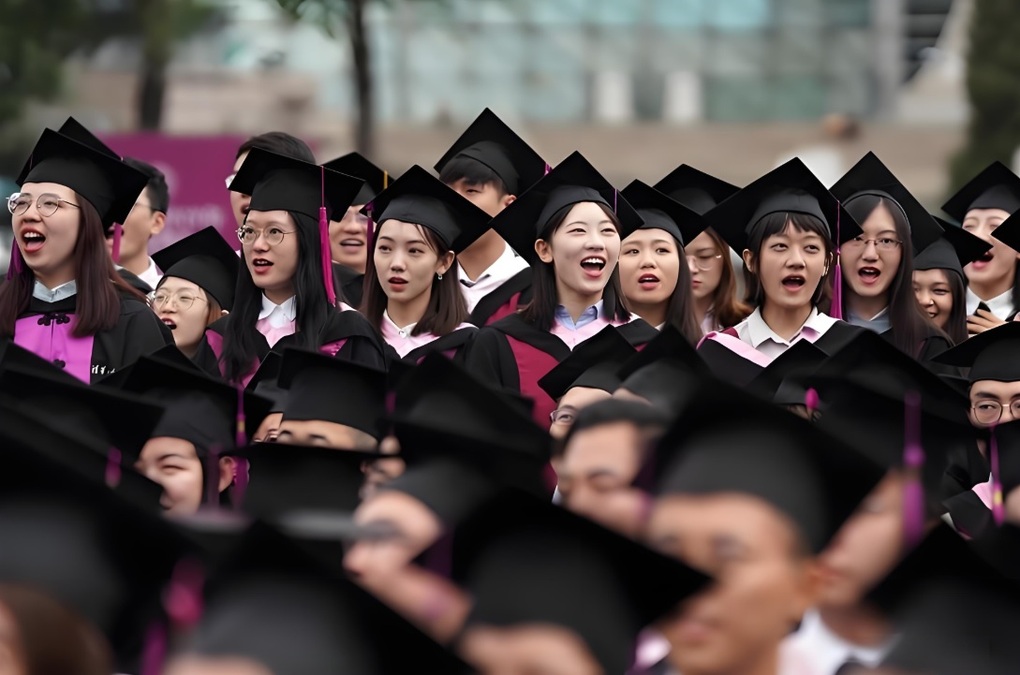
Opening private universities is a new trend in "charity" activities of billionaires in China (Photo: Sina).
The two schools are currently recruiting on a small scale: FYUST is recruiting 50 students, EIT is recruiting 70 students. It is predicted that the admission scores of both schools will be high.
“The first batch of students will certainly enjoy many advantages,” said Simon Zhao, an expert in higher education in China. “But the long-term success of these universities depends on whether they can truly cultivate a research elite.”
FYUST plans to offer majors in computer science, intelligent manufacturing, transportation engineering and materials science, all of which are priority areas in China's technology strategy.
EIT will focus on artificial intelligence (AI), integrated circuits, smart manufacturing and mathematics. Both schools claim to have attracted world-class academic staff, modern laboratories and strong financial support for students.
FYUST only charges 5,460 yuan per academic year (20 million VND). Meanwhile, first-year students at EIT are granted full scholarships worth 96,000 yuan (350 million VND). EIT claims that as soon as students enroll, they can join research groups led by famous scientists.
The emergence of private universities: Great opportunities but many questions remain
The trend of billionaires opening private universities shows the need for high-quality human resources in China's cutting-edge technology industries.
According to the People's Daily (China), the country's semiconductor industry is short of about 300,000 workers. The Ministry of Human Resources and Social Security of China estimates that the country needs more than 5 million workers in the field related to AI, while the supply-demand ratio of personnel in this field is currently very low, about 1:10.
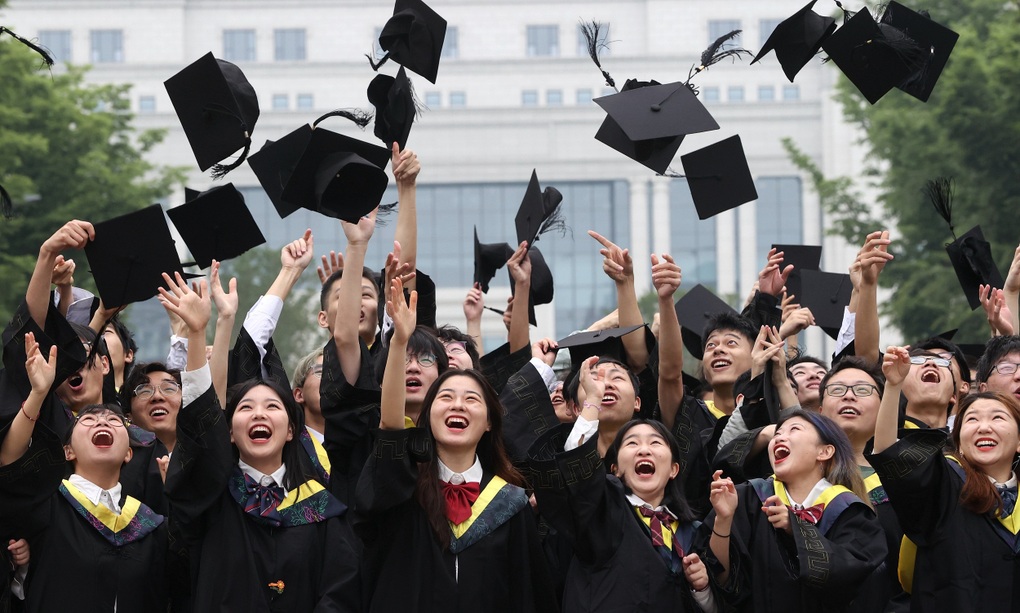
Because there are no graduates yet, the quality of training at private universities opened by billionaires remains a question mark for the Chinese public (Photo: Sina).
Despite their interest, many families are still hesitant to let their children study at universities opened by billionaires. Mr. Levi Tan said that his son was capable of passing the entrance exams to two universities opened by billionaires Cao De Wang and Yu Ren Rong, but in the end, his family still prioritized letting him study at a public university located in Shenzhen city.
"For many Chinese families, the goal is still to become a civil servant or get a job in a state-owned enterprise. New private universities like this have not yet created trust," Mr. Tan said.
Education expert Simon Zhao also admitted: "Because there are no graduates yet, the quality of training at these schools is still a question mark. These schools still need time to build credibility with parents and students." Mr. Zhao emphasized that the billionaires maintaining long-term investment in the school is the key factor.
The emergence of private universities comes as China's higher education sector faces a declining population.
This year's college entrance exam saw 13.35 million registered candidates, down from a record 13.42 million last year. This is the first time in eight years that the number of candidates taking the exam in China has dropped.
Meanwhile, in 2024, only 9.54 million babies will be born in China. This number signals that university lecture halls in the country of a billion people may become more deserted in the future.
According to experts, the impact of population decline will affect China's higher education system from around 2037.
In that context, education expert Simon Zhao believes that the emergence of schools like FYUST and EIT is not just an “experiment of billionaires”, but also a vivid proof that there will be strong changes in the field of higher education in China in the future.
However, whether private universities can truly train quality human resources and open the way for high-class private university education still needs time to answer.
Source: https://dantri.com.vn/Giao-duc/tham-vong-cua-gioi-ty-phu-trung-quoc-khi-dau-tu-vao-Giao-duc-dai-hoc-20250706164703057.htm










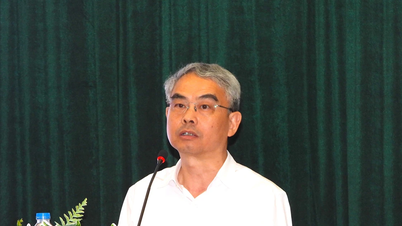


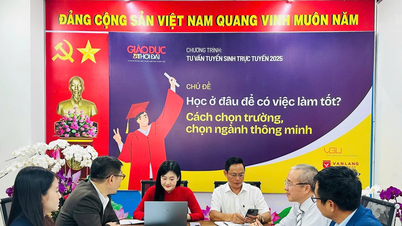
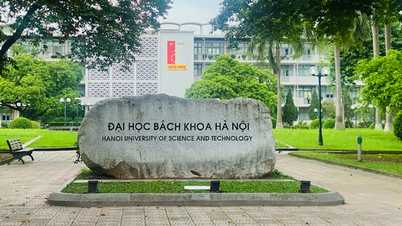
















































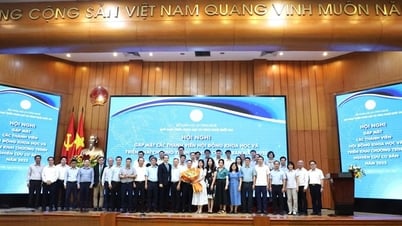































Comment (0)